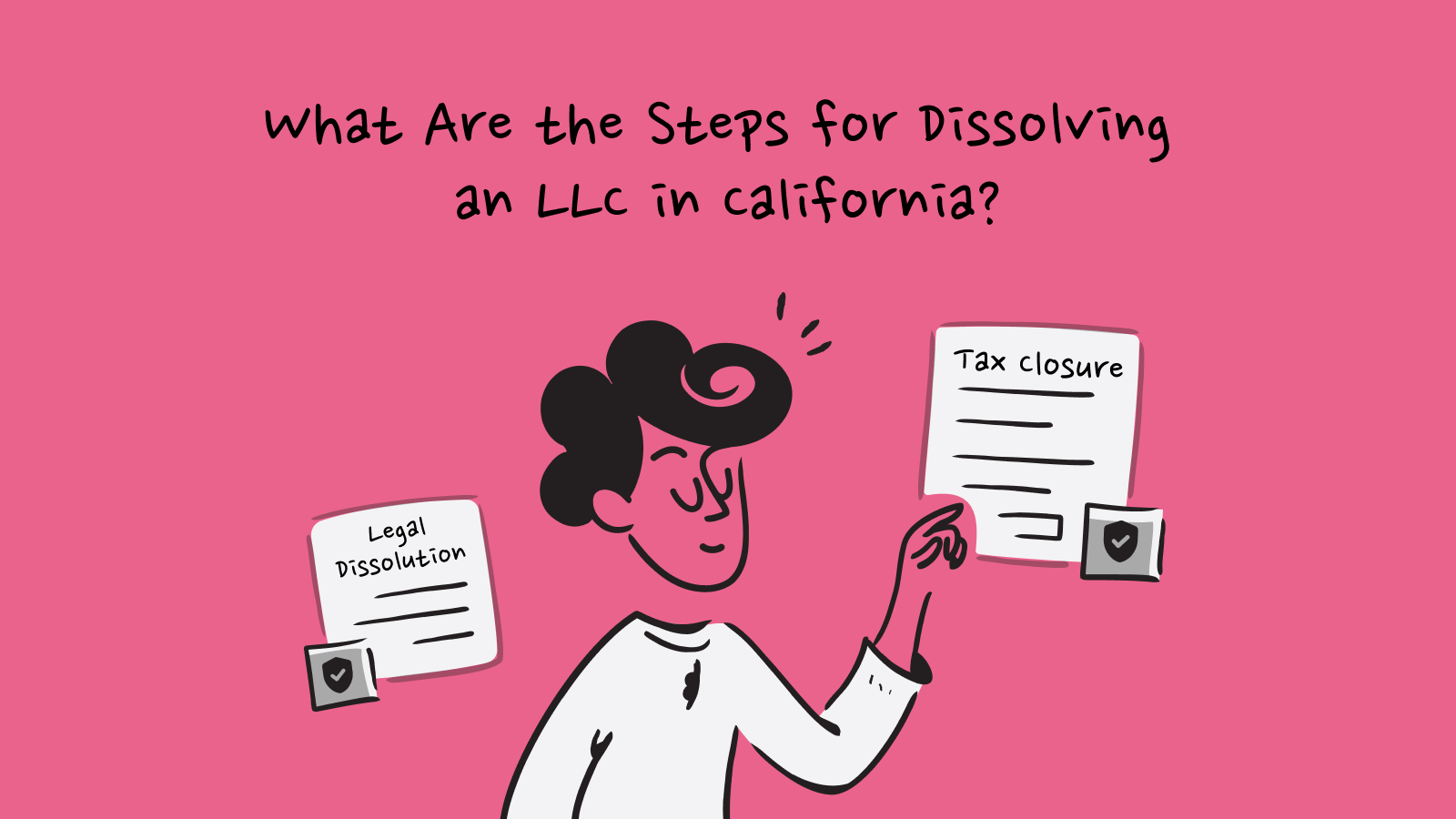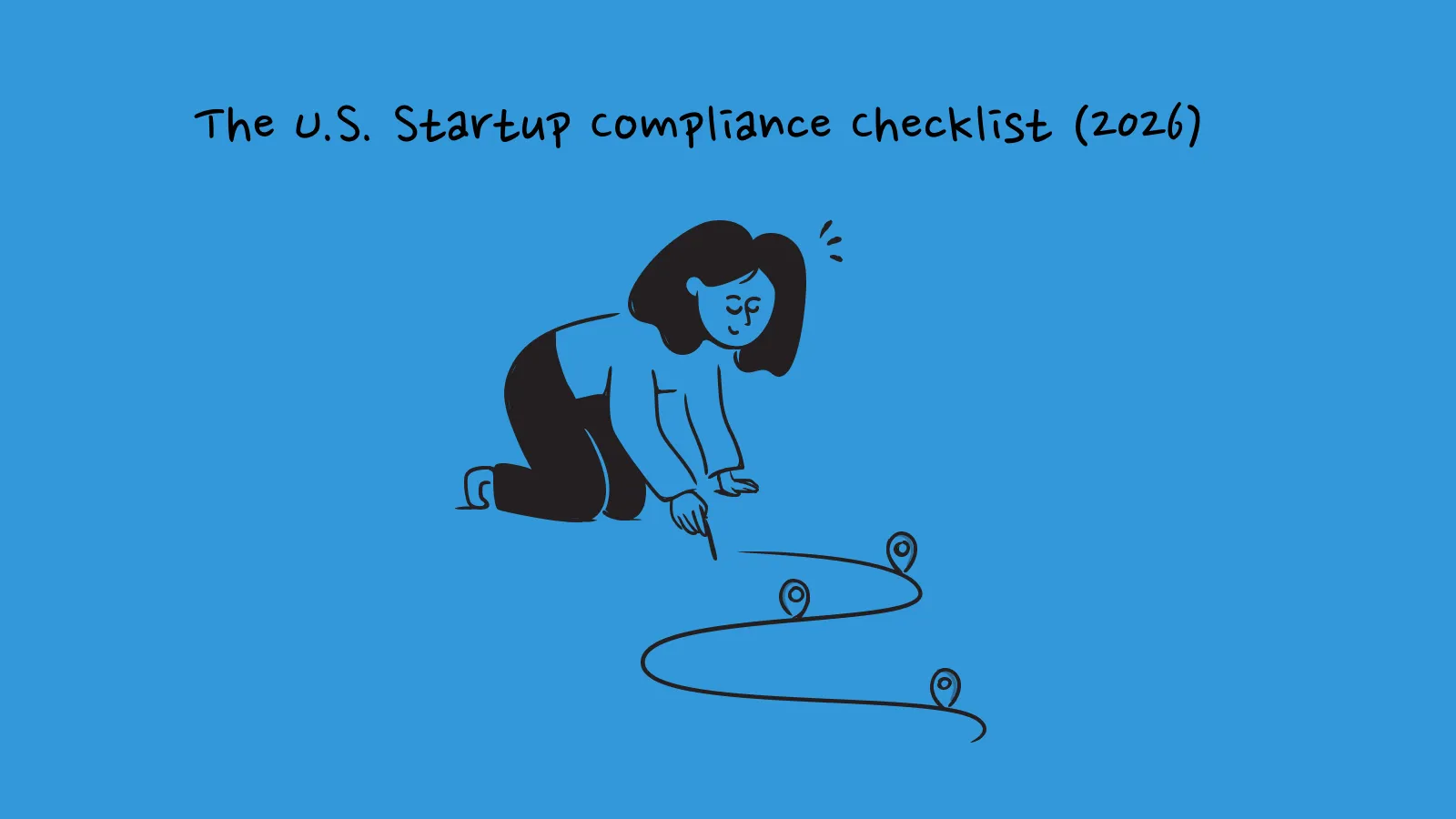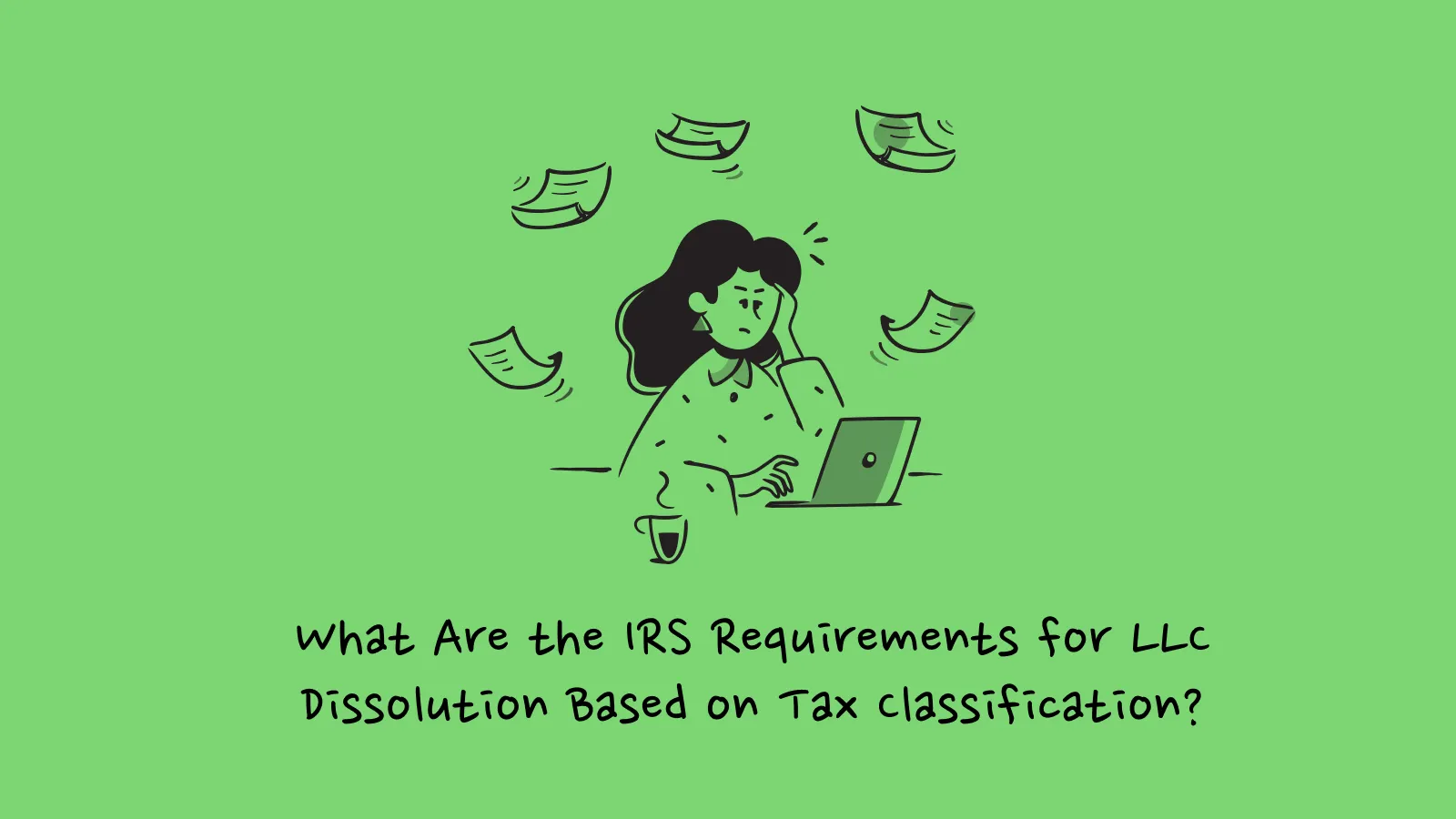What Is a Centralized Compliance Platform and How Can Startups Benefit?
.webp)
If your startup is aiming for funding, partnerships, or enterprise clients, compliance isn’t optional anymore. But keeping up with security controls, policy documentation, and audit requirements across frameworks like SOC 2, GDPR, and HIPAA can drain your time, especially when your team is small and wearing multiple hats.
A centralized compliance platform solves that problem.
Instead of managing dozens of checklists, spreadsheets, and cloud folders, these platforms bring everything into one system. Automating tasks and tracking evidence on a centralized compliance platform helps you stay audit-ready. And, the result is less manual work, better visibility, and faster paths to growth.
What is a Centralized Compliance Platform?
A centralized compliance platform is a cloud-based system that helps startups manage all compliance activities, across frameworks like SOC 2, ISO, HIPAA, and GDPR in one place. It automates repetitive tasks, tracks control status, stores documentation, and provides real-time visibility into audit readiness.
Instead of using scattered tools and spreadsheets, these platforms give you a single source of truth for everything compliance-related: policies, evidence, filings, access logs, and more. For lean teams, it’s a way to stay compliant without building a full-time compliance department.
For startups, compliance provides credibility. Centralized platforms generate clean, audit-ready outputs that investors and enterprise buyers increasingly expect.
Instead of scrambling to gather documentation during due diligence or sales reviews, you’re already prepared:-
i) Make Compliance a Competitive Advantage
Whether you're in a fundraising round or negotiating with a large client, being able to demonstrate security controls, audit trails, and up-to-date documentation sets you apart. It shows you’re serious about risk management, and ready to scale.
ii) Accelerate Trust and Deal Closing
- Speed up contract signings by showing you're SOC 2– or ISO 27001–ready with all documentation in place
- Demonstrate your data security and compliance posture during procurement and vendor security reviews
- Avoid compliance-related blockers that delay deals, especially in healthcare, finance, or enterprise tech
How Centralized Compliance Platform Works for Startups?
Most centralized compliance platforms connect directly to the tools you already use like AWS, Okta, QuickBooks, or Jira and pull in data to monitor controls and collect audit evidence. They come with built-in templates for major compliance frameworks and can automate recurring tasks like access reviews, risk assessments, and policy updates.
This setup helps early-stage startups get and stay compliant without building complex internal processes. It also ensures founders and ops teams can see their compliance status in real time, instead of scrambling at the last minute before an audit or due diligence request.
Startups often manage compliance reactively using spreadsheets, shared drives, and one-off email reminders. This works at first but becomes error-prone fast:-
- It avoids siloed spreadsheets or scattered documentation that’s hard to keep up to date
- It enables real-time visibility into compliance progress across frameworks, teams, and regions
- It speeds up audits and regulatory reviews by keeping documents audit-ready and easy to access
- It adapts to changes in compliance standards whether you're expanding into the EU or selling into healthcare or finance
What Are the Core Benefits of Centralized Compliance Platform for Startups?
Centralized compliance is about building a scalable system that saves time, reduces risk, and strengthens your credibility with customers and investors.
Here's how startups benefit most with such platforms:-
i) They Save Time and Lower Costs
When you automate recurring compliance tasks like evidence collection, policy tracking, and control testing, your team spends less time scrambling to meet audit deadlines. That means fewer late nights before board meetings or funding rounds, and fewer hours spent chasing documents across shared folders.
ii) They Reduce Risk and Improve Oversight
Keeping up with multiple frameworks manually makes it easy to miss things. Centralized platforms help close those gaps with built-in oversight tools:
- Get real-time alerts when tasks are overdue, obligations are missed, or risks are flagged
- View dashboards that show status by framework, control, or department, so nothing slips through the cracks
- Enable continuous monitoring that catches issues early — instead of waiting for audit season
iii) They Enable Faster Growth and Fundraising
Enterprise buyers and investors expect a strong compliance posture, especially in regulated industries. A centralized platform helps you show that you’re serious about data security and process maturity, making it easier to close deals, pass vendor reviews, and sail through due diligence.
What Features Should Startups Looking for Centralized Compliance Platform?
Not all compliance platforms are built the same. Some focus only on SOC 2 checklists. Others offer broader support but lack the automation lean teams need. To get real value, look for features that reduce manual work, support your specific frameworks, and integrate with your tech stack.
Startups should prioritize centralized compliance platforms that include:
- Automated workflows and control mapping to reduce manual tracking and ensure requirements are clearly linked to tasks
- Real-time monitoring and evidence collection across your tools like cloud services, HR systems, and ticketing platforms
- Centralized documentation repository so policies, proofs, and access logs stay audit-ready and searchable
- Support for multiple frameworks including SOC 2, ISO 27001, HIPAA, GDPR, and others you may grow into
- API integrations with platforms like AWS, Jira, Okta, and QuickBooks, so compliance becomes part of your day-to-day stack
- Role-based access and audit trails to keep data secure while allowing collaboration across teams
Startups often don’t have compliance departments. They have founders, engineers, and ops teams trying to do five things at once. That’s why ease of use and flexibility matter. Look for platforms with built-in templates, configurable controls, and intuitive dashboards designed for lean, fast-moving teams. If it takes more time to set up than it saves, it’s not the right fit.
How Should Startups Choose the Right Compliance Platform?
Choosing the right compliance platform depends on where your startup operates, which frameworks apply to you, and how complex your tech stack is.
Here’s how to make a smart, scalable choice:-
i) Align with Your Frameworks and Regions
Make sure the platform supports the compliance standards and geographies that matter most to your business:
- Confirm support for key frameworks like SOC 2, ISO 27001, HIPAA, GDPR, and PCI DSS
- Check that the platform adapts to your operating regions, including specific data protection and localization rules
- Ensure local filing and reporting requirements are covered for your industry and geography
ii) Prioritize Integration and Automation Depth
Look for platforms that actively automate it. Your ideal platform should plug into your HR systems, cloud infrastructure, ticketing tools, and financial stack to pull in real-time data and automate evidence collection. This minimizes manual work and reduces the chance of missing something critical during an audit.
iii) Evaluate Usability for Lean Teams
Even the best compliance system fails if no one wants to use it. Focus on features that support fast adoption:
- Intuitive dashboards that give founders and ops teams instant visibility
- Prebuilt templates for popular frameworks so you’re not starting from scratch
- Responsive onboarding and support to help you get set up without hiring a dedicated compliance lead
Which Compliance Platforms Are Best for Startups in 2025?
There’s no one-size-fits-all compliance tool. Some platforms are built for early-stage startups looking for speed and simplicity, while others cater to growing companies managing multiple frameworks.
Here's how the leading compliance platforms compare in 2025:
Each platform has strengths. For example, Vanta and Drata are popular for fast SOC 2 readiness, while Hyperproof and Sprinto cater to scaling teams with deeper workflows. Cflow stands out for early-stage teams looking for a simpler setup without breaking the budget.
How Inkle Supports Compliance for Cross-Border Startups
Startups operating across countries often struggle to stay compliant with both local tax laws and global audit expectations. Inkle simplifies this by combining bookkeeping and compliance in one centralized dashboard. You can manage filings, documentation, and audit prep without juggling multiple vendors or tools.
Inkle gives startups a single place to handle both financial compliance and operational readiness. Whether you’re preparing for funding, managing entity-level reporting, or filing cross-border taxes, Inkle tracks it all with real-time updates and audit-ready formats.
Here are features that help you reduce compliance overhead:-
- Audit-ready reporting and documentation across both US and Indian regulatory standards
- Real-time alerts and deadline tracking for filings, payments, and compliance tasks
- Support for cross-border tax and accounting rules, including TDS, GST, 1099s, and more
- Centralized dashboard for founders and finance teams, making compliance collaborative and transparent
As your team grows, Inkle grows with you adapting to multi-entity setups, evolving regulations, and investor reporting needs. Whether you’re hiring internationally, launching in new markets, or prepping for due diligence, Inkle gives you the controls and visibility you need to stay compliant.
Book a demo to see Inkle in action.
Frequently Asked Questions
What frameworks do centralized compliance platforms typically support?
Most platforms support widely used frameworks like SOC 2, ISO 27001, HIPAA, GDPR, and PCI DSS. Many are also expanding to include industry-specific or regional standards, such as ESG compliance, India’s DPDP Act, or APAC-specific data rules.
What can compliance platforms automate, and when do I still need a compliance expert?
Platforms can automate evidence collection, control tracking, risk assessments, task reminders, and audit prep. But certifications, legal interpretations, and filing strategy often still require help from a qualified consultant, auditor, or virtual CISO.
When should a startup start using a centralized compliance platform?
Start early, especially if you're planning to raise funds, target enterprise clients, or handle regulated data. Using a platform before you're forced to “clean things up” later saves time, cost, and stress.
How do these platforms help startups stay aligned with changing regulations?
Most platforms update frameworks regularly and provide alerts for new requirements or deadline changes. Some also offer customizable controls so you can adjust quickly when rules shift in your industry or region.
How do compliance platforms support remote or globally distributed teams?
They provide secure, cloud-based access with role-based permissions, allowing multiple team members across countries to collaborate, assign tasks, and track compliance progress - all in one system.
How do centralized compliance tools support faster fundraising and enterprise sales?
By keeping audit-ready reports, real-time dashboards, and compliance history easily accessible, these platforms make due diligence smoother, help close deals faster, and reduce risk flags for both investors and large customers.




